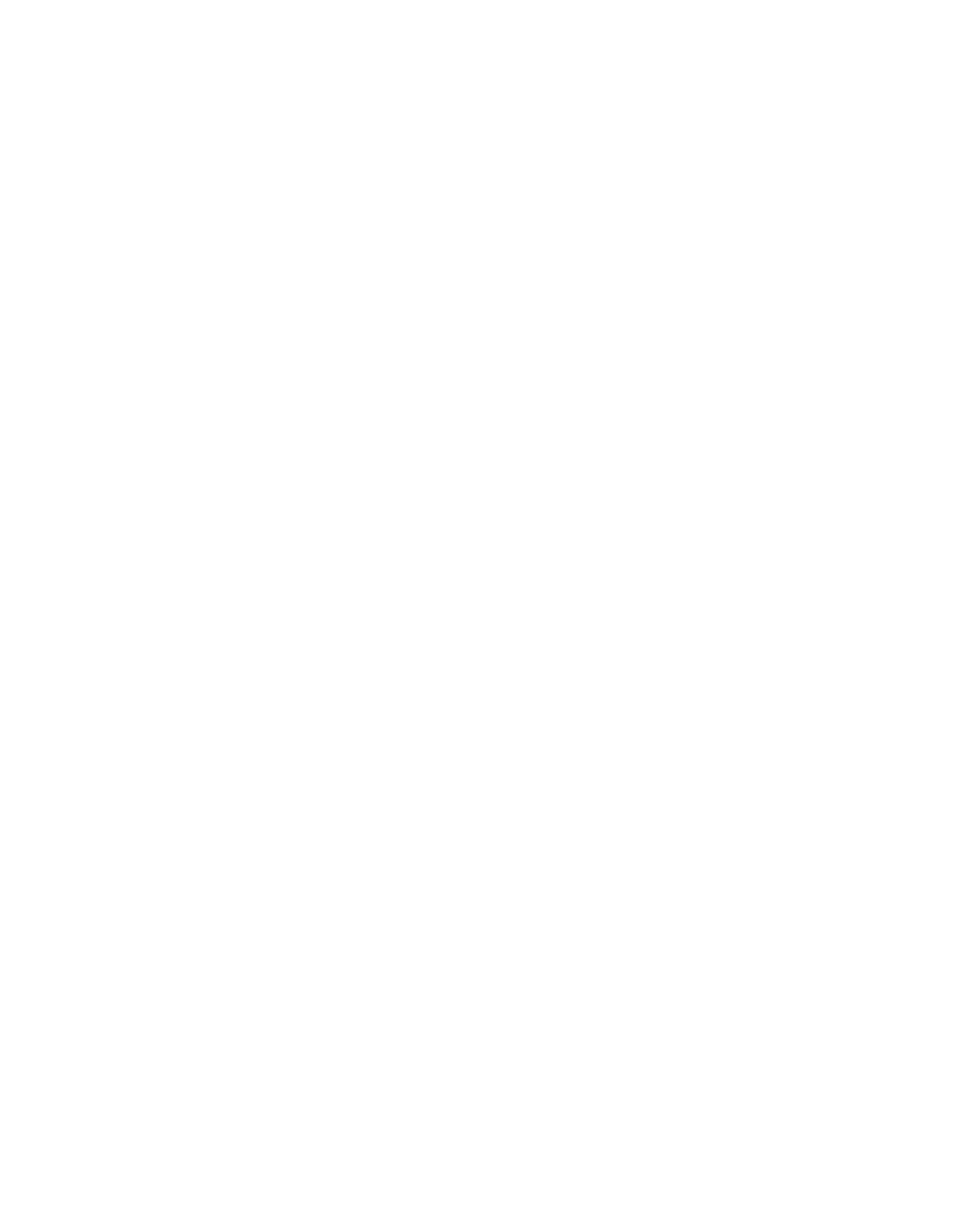
STUDENT CONDUCT CODE
Lakeshore Technical College is an academic community that maintains high standards of instruction
and provides a safe campus for all persons utilizing its programs and services. As a learning
organization, LTC monitors student conduct, encourages positive behaviors and requires academic
integrity in support of a positive teaching and learning environment.
The College will take action to prevent and stop any behavior that inhibits learning as a result of:
•
Not complying with all LTC policies including program handbooks
•
Not complying with municipal, state and federal laws
•
Interfering with the educational process in any manner
•
Conduct that endangers the safety and well-being of self or others
•
Engaging in violent or threatening behavior toward any student or employee of the College at
any time and at any location
•
Conduct which disrupts the operations of the college and/or classroom
•
Unethical, inappropriate, or illegal use of electronic communication
•
Using, possessing, or distributing drugs, alcohol, explosives, dangerous chemicals and/or other
weapons
•
Engaging in violent or threatening behavior such as, but not limited to, sexual assault, sexual
harassment, domestic violence, dating violence and stalking
•
Academic dishonesty
•
Misrepresentation of academic records
: Misrepresenting or tampering with or
attempting to tamper with any portion of a student’s transcripts or academic record, either
before or after coming to Lakeshore Technical College (e.g., forging a change of grade
slip, tampering with computer records or falsifying academic information on one’s resume)
•
Cheating
: Using or attempting to use unauthorized assistance, material, or study aids in
examinations or other academic work or preventing or attempting to prevent another from
using authorized assistance, material, or study aids (e.g., using a cheat sheet on a quiz or
exam or altering a graded exam and resubmitting it for a better grade)
•
Plagiarism
: Using the ideas, data, or language of another without specific or proper
acknowledgement (e.g., copying another person’s paper, article, or computer work and
submitting it for an assignment;; cloning someone else’s ideas without attribution or failing
to use quotation marks where appropriate)
•
Fabrication:
Deliberately falsifying or inventing any information or citation in any
academic work (e.g., making up data for an experiment, falsifying data, citing nonexistent
articles, or contriving sources)
•
Multiple submissions:
Submitting, without prior permission, any work submitted to fulfill
another academic requirement
•
Facilitating academic dishonesty:
Knowingly helping or attempting to help another
violate any provision of this code (e.g., working together on a take-home exam)
•
Unfair advantag
e: Attempting to gain unauthorized advantage over fellow students in an
academic exercise (e.g., gaining or providing unauthorized access to examination
materials;; obstructing or interfering with another student’s efforts in an academic exercise;;
lying about a need for an extension for an exam or paper;; continuing to write, even when
time is up, during an exam;; or destroying or keeping library materials for one’s own use)
64


